Larissa. The Mistress of Large Music. Episode no. 6
The Brits.

EPISODE NO. 6 “THE BRITS”
In this episode we will hear music from The Brits. British composers of the late 19th Century, and first half of the 20th Century. Edward Elgar, Ralph von Williams, Cyril Scott, William Walton, and Frederick Delius. British orchestral composers are as different from each other as the atmosphere of Mars, Venus and Jupiter. It is amazing they all lived on one rainy little island in the north Atlantic. In these five composers we again hear the vast variety of music styles available within a symphony orchestra. The only thing similar in their music is the instruments used to play the music.
RALPH VAUGHN WILLIAMS His first name looks like Ralph to Americans, but it is pronounced, Rayff. Rayff von Williams was born 12 October 1872 and died 26 August 1958. His works include operas, ballets, chamber music, secular and religious vocal pieces and orchestral compositions including nine symphonies, written over sixty years.
Vaughan Williams was born to a well-to-do family with strong moral views and a progressive social life. Throughout his life he sought to be of service to his fellow citizens, and believed in making music as available as possible to everybody. He wrote many works for amateur and student performance. He was musically a late developer, not finding his true voice until his late thirties; his studies in 1907–1908 with the French composer Maurice Ravel helped him clarify the textures. Vaughan Williams spent three months in Paris in the winter of 1907–1908, working with Ravel four or five times each week.
During the 1930s Vaughan Williams came to be regarded as a leading figure in British music, particularly after the deaths of Elgar, Delius and Holst in 1934. Holst's death was a severe personal and professional blow to Vaughan Williams; the two had been each other's closest friends and musical advisers since their college days.
Vaughn-Williams two most popular works are the Fantasia on a Theme by Thomas Tallis and The Lark Ascending. Listeners who hae only heard those works might think Ralph, was dreamy and romantic, all English primroses and sunshine, with girls in floppy hats. Nothing could be further from the truth. Vaughn-William composed in a wide range of moods, including dark, gloomy and dramatic. We will hear a good example of his dark side, with the opening movement of his Symphony no. 6.
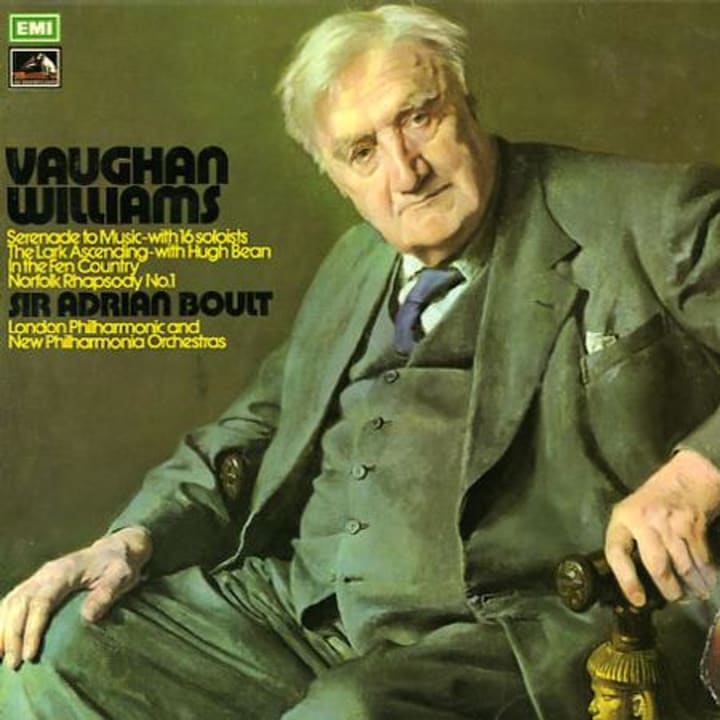
CYRIL SCOTT born 27 September 1879. died 31 December 1970 was an English composer, writer, poet, and occultist. He created around four hundred musical compositions including piano, violin, cello concertos, symphonies, and operas. He also wrote around 20 pamphlets and books on occult topics and natural health. He wrote novels, and over 100 songs. Making him one of the most artistically versatile of all British composers.
Cyril Scott was a pioneer of British piano music, producing more piano works in the period 1903-1914 than any other British composer and any other international one, with the exception of Alexander Scriabin. He was a key figure before World War I in helping Britain to break away from musical conservatism and the prevailing German composers.
Both Cyril Scott and the Russian, Alexander Scriabin were greatly influenced by their belief in occult spiritual energy, and the universal connection between music and those occult energies. Both composer believed music, at it best, is a spiritual cause which has spiritual effects. Both good and bad effects depending on the ability of the composer, and the place and time in which composers live. These ideas open-up many new ways of seeing the art of music, far beyond the entertainment value of music.
We will hear Cyril Scott's work, Early One Morning for piano and orchestra, composed in 1930 and 1931, and revised in 1962. This recording is with the London Philharmonic, film composer Bernard Hermann conducting. The soloist is John Ogdon.
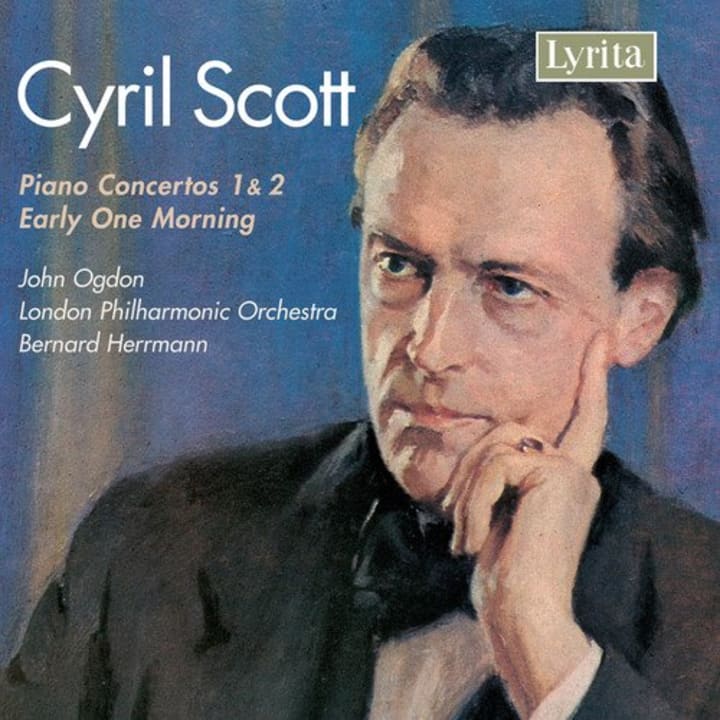
EDWARD ELGAR Most us know Edward Elgar's music from high school graduation. Elgar composed the endless march we hear during during graduation ceremonies, which is called, Pomp and Circumstance March No.1, from a set of six marches. In 1902 March No.1 was used for the coronation Britain’s Edward VII who was the son of Queen Victoria. Sometime later it became part of graduation ceremonies in America, and by the 1950s was used almost everywhere. Elgar is also known for his magnificent, moody and dark Cello Concerto. And for the Enigma Variations.
The Enigma Variations, Opus 36, are a series of 14 short musical portraits. and premiered in London on June 19, 1899. The subjects of these portraits were several of the composer’s friends and family. The work’s origins were described by Elgar in a letter to his friend August Jaeger at the music publishing firm Novello & Company. Elgar said, “I have sketched a set of Variations for Orchestra on an original theme, The Variations have amused me because I’ve labeled them with the nicknames of my particular friends—you [Jaeger] are Nimrod (the Hunter of German mythology) That is to sa,y I’ve written the variations each one to represent the mood of the ‘party’ …it’s a quaint idea and the result is amusing to those behind the scenes.”
We will hear Nimrod, from the Enigma Variations, and the finale movement of Elgar's Cello Concerto.
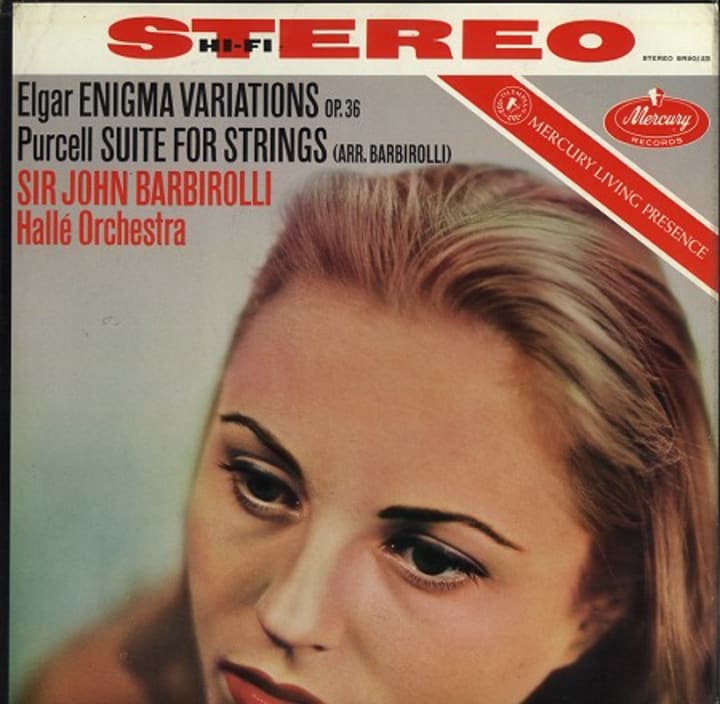
WILLIAM WALTON was born in 1902 and died in 1983. He wrote few works compared to other composers, but each concert work displays technical mastery, detailed craftsmanship, and a wide variety of emotions. For those reasons he remains one of the mos significant and interesting composers from England. His Viola Concerto from 1929 and the stunning oratorio, Belshazzar's Feast, from 1931 helped build his reputation. From the mid-1930s through the 1950s Walton also wrote scores for films, which include Lawrence Olivier's films of Shakespeare plays, As You Like It, Hamlet, Richard the Third, and Henry the Fifth.
He was knighted by Queen Elizabeth in 1951. To become Sir William Walton. (We notice another famous British composer, Benjamin Britten, politely turned down an offer of Knighthood. As Britten thought that was old-fashioned, silly and ridiculously elitist.) In addition to Belshazzar's Feast, Walton is known for his orchestral suite, Facade, The Portsmouth Overture, his Violin Concerto and his Two Symphonies.
We will hear the opening movement of Sir William Walton's Violin Concerto, from 1939.
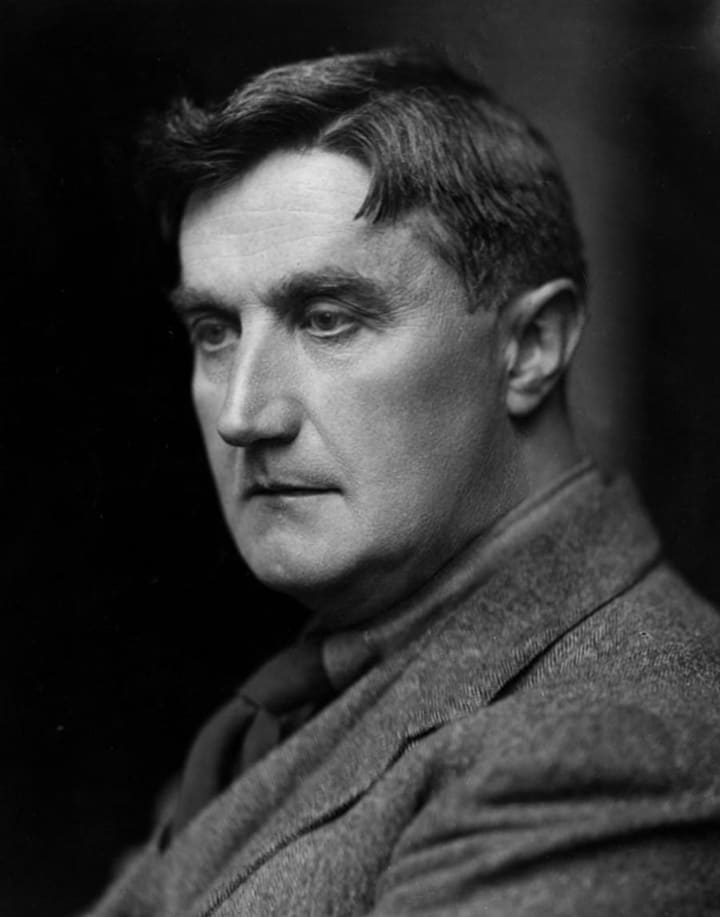
FREDERICK DELIUS was born in 1862 and died in 1934. Refinement, delicacy, restrained emotion, tranquility, poetic and subtle atmospheres are characteristics of the music of Delius. The British audience, at first were not interested in Delius, His first successes were in Germany. Through the performance and promotion of conductor, Sir Thomas Beecham, Delius at last reached a British and American audience. In 1929 there was a festival of six concerts entirely devoted to the music of Delius. His most well-known works in America are the Florida Suite, Brigg Fair, and Summer Night on the River.
Delius was in Florida from the spring of 1884 to the autumn of 1885, living on a plantation at Solano Grove on the Saint Johns River about 35 miles south of Jacksonville. He continued to be caught-up in music. In Jacksonville he met Thomas Ward, who became his teacher in counterpoint and composition, Delius later said that Ward's teaching was the only useful music instruction he ever had. All this time Delius was supposed to be running the orange plantation...
Delius paid little attention to the business of growing oranges, and continued to pursue his musical interests. Jacksonville had a rich, though to a European, unorthodox musical life. As a historical fact, in the local hotels, the African-American waiters doubled as singers, with daily vocal concerts for patrons and passers-by, giving Delius his introduction to spirituals. Also, ship owners encouraged their deckhands to sing as they worked. An acquiantance said, “Delius never forgot the singing as he heard it, day or night, carried sweet and clear across the water to his verandah at Solano Grove, whenever a steam-ship passed; it is hard to imagine conditions less conducive to cultivating oranges—or more conducive to composing.” Like many white men of the period, while in Florida, Delius had what was then called, an illegitimate son by a with a local African-American woman named Chloe. What became of the woman and the boy, no one seems to know.
We will hear, By the River, the 2nd movement from the Florida Suite.
[ All this from the video series. https://www.charlesrolandberry.com/listen-large ]
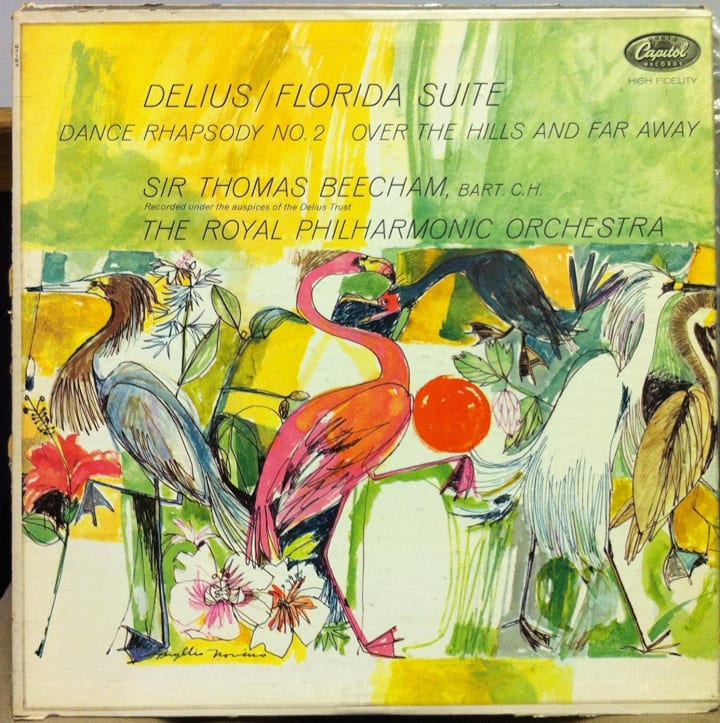
LISTEN LARGE! LISTEN LOUD!!

About the Creator
Larissa Darmstadt
I host a video series about Classical Music for people under 30. Many of us have not paid much attention to Classical Music, and we are missing out!! This is not made-up Virtual Reality... This is ACTUAL REALITY, from genius minds.






Comments
There are no comments for this story
Be the first to respond and start the conversation.